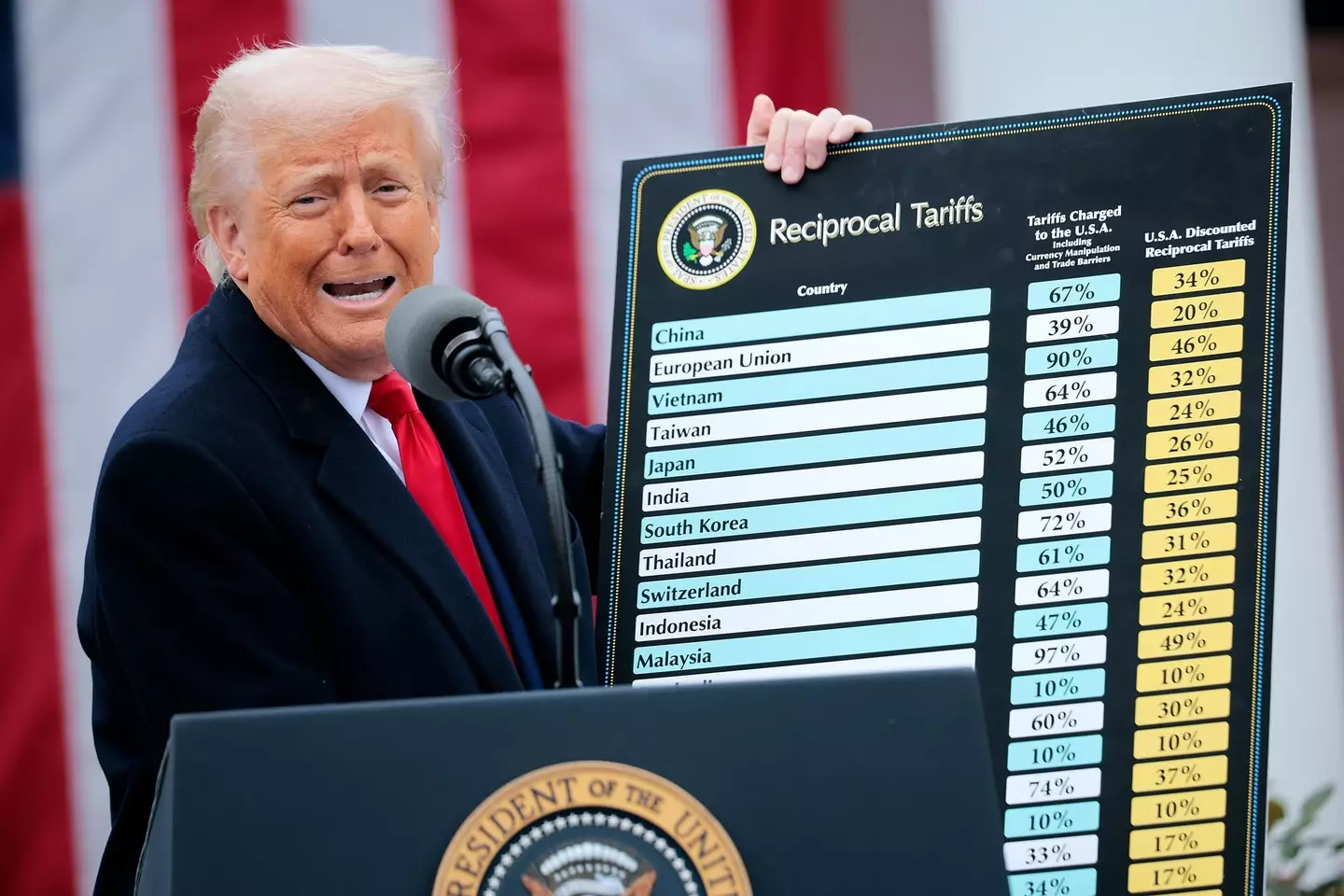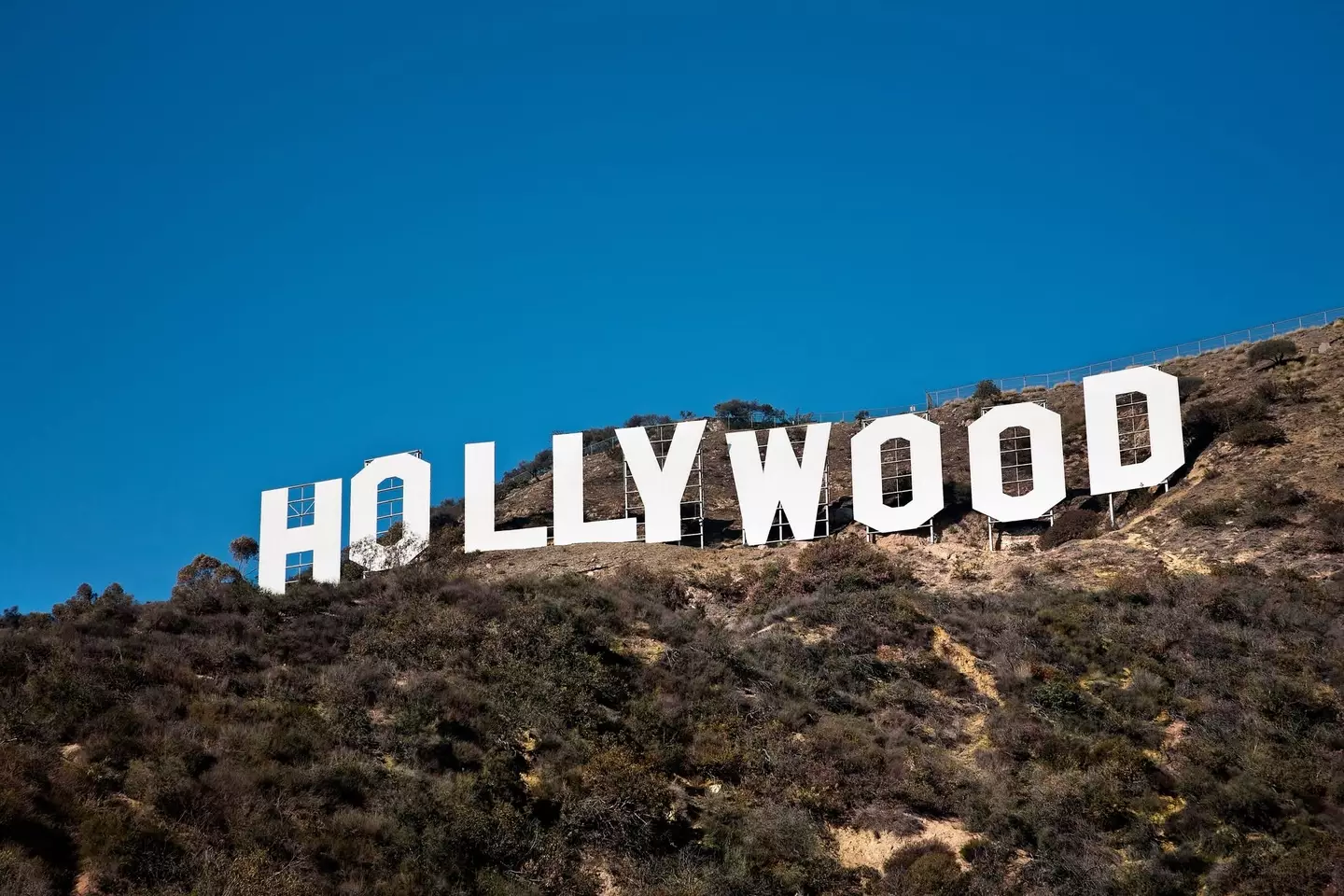The tariff war is heating up once again—this time targeting an unexpected industry that could hit niche hobbyists and collectors in the U.S. particularly hard.
Former President Donald Trump has been aggressively hiking tariffs, and the trend shows no sign of slowing down. Following a tense standoff with China, which has seen tariffs soar to a staggering 145%, prices on imported goods from the region are reaching levels that make them almost unaffordable.
In response, China has retaliated by raising tariffs on U.S. products from 84% to 125%, prompting Trump to sign an executive order to investigate the national security implications of America’s dependence on imported processed critical minerals and related products.
Amid this high-stakes trade drama, one lesser-known—but culturally significant—industry is quietly being hit with a 100% tariff, drawing concern from enthusiasts and global markets alike.

Donald Trump has ordered 100 percent tariffs on the industry (Chip Somodevilla/Getty Images)
According to former President Donald Trump, one major American industry is on the brink of collapse—and in urgent need of rescue. In a recent Truth Social post, Trump claimed that foreign nations have launched a coordinated “attack” on this sector, elevating it to the level of a “national security threat.”
So, what is this supposedly failing industry?
The movie industry.
Yes, the very industry responsible for bringing our favorite characters and stories to life is, according to Trump, rapidly deteriorating. He argues that foreign countries are luring U.S. filmmakers and studios abroad with enticing incentives, undermining domestic production.
To counter this trend, Trump announced that he plans to impose a 100 percent tariff on movies produced outside the United States. He stated that he is directing both the Department of Commerce and the U.S. Trade Representative to initiate the process, aiming to revive American filmmaking.
“The Movie Industry in America is DYING a very fast death,” Trump wrote. “Other Countries are offering all sorts of incentives to draw our filmmakers and studios away from the United States. Hollywood, and many other areas within the U.S.A., are being devastated.”
Calling the situation a “concerted effort by other Nations and, therefore, a National Security threat,” Trump also alleged that foreign-made films contain elements of propaganda.
To confront what he sees as a cultural and economic crisis, Trump concluded his post with a clear directive:
“WE WANT MOVIES MADE IN AMERICA, AGAIN!”

The POTUS claimed that the US film industry is ‘dying’ (Getty Stock Image/Christian Adams)
Although Trump announced plans to impose tariffs on foreign films entering the U.S., he did not clarify whether those tariffs would also apply to American production companies that film abroad.
The implications for global streaming platforms like Netflix—known for producing content across various countries—were not addressed. Nor was there any mention of how such measures might impact the broader cinema industry, which relies on the international exchange of films.
The film industry appears to have been a focus for Trump since the beginning of his second term. Early on, he appointed actors Jon Voight, Mel Gibson, and Sylvester Stallone as Special Envoys tasked with promoting business opportunities in Hollywood.
“They will serve as Special Envoys to me for the purpose of bringing Hollywood, which has lost much business over the last four years to Foreign Countries, BACK—BIGGER, BETTER, AND STRONGER THAN EVER BEFORE!” Trump announced online at the time.
In response to the U.S. tariffs, China recently announced it would reduce the number of American films allowed into the country.
“The wrong action of the U.S. government to abuse tariffs on China will inevitably further reduce the domestic audience’s favorability towards American films,” stated the China Film Administration. “We will follow market rules, respect audience choice, and moderately reduce the number of American films imported.”


